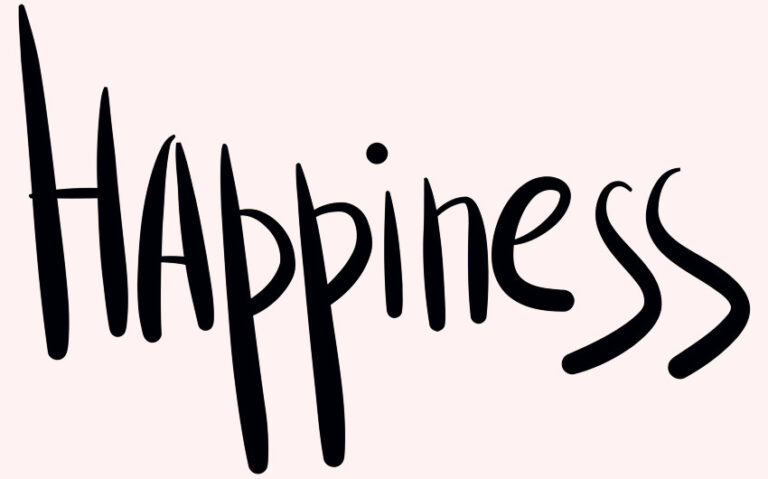When It’s Time to Let Go of Guilt That Isn’t Yours—And How to Begin Reclaiming Yourself
You feel responsible. For their disappointment. For their silence. For the way things turned out. But deep down, you know it’s not all yours to carry. You’ve been holding guilt that doesn’t belong to you—and it’s time to lay it down.
Not all guilt is real—some of it is inherited or projected
Guilt is a complex emotion. Sometimes it’s appropriate—it signals when you’ve hurt someone or gone against your own values. But often, guilt is inherited. Absorbed. Projected onto you by someone who didn’t want to face their own discomfort.
You might carry guilt for:
- Choosing boundaries someone else didn’t like.
- Not saving someone from their own pain or decisions.
- Growing past a role someone needed you to play.
- Feeling joy when someone else is struggling.
This kind of guilt is not a signal you’ve done wrong. It’s a sign you’ve internalized someone else’s discomfort—and it’s weighing down your emotional truth. Letting it go doesn’t make you selfish. It makes you free.
Guilt becomes a habit when you’ve been raised to feel responsible for others
If you grew up in a family where emotions were unstable, needs were unspoken, or approval was conditional, you may have learned early on to feel responsible for other people’s feelings. You became the peacemaker. The good girl. The one who kept things smooth, even if it meant swallowing your own needs.
This emotional role becomes deeply wired:
- When others are upset, you assume it’s your fault.
- When someone’s hurt, you rush to fix it—even if you didn’t cause it.
- When you say no, you feel like you’re doing something wrong.
But you’re not here to carry everyone else’s emotional baggage. You’re not the fixer, the savior, or the sponge. Your worth isn’t measured by your willingness to absorb pain that isn’t yours. You’re allowed to step out of that role—and into your real self.
Empathy can turn into guilt if you’re not careful
As a deeply empathetic person, you feel things intensely. You don’t just notice when someone’s in pain—you absorb it. But empathy without boundaries often becomes guilt. You start confusing someone else’s suffering with your own responsibility to solve it.
This can look like:
- Apologizing for things you didn’t do.
- Shrinking your happiness to match someone’s pain.
- Feeling ashamed for having needs, especially when others are struggling.
Empathy is beautiful. But it’s not your job to carry every emotional ripple you sense. You can feel with others without fusing with their wounds. You can witness pain without wearing it.
Signs you’re carrying guilt that doesn’t belong to you
Letting go of guilt starts with recognition. Here are some signs you’re holding onto something that was never yours:
- You feel guilty for setting boundaries—even when they’re kind and necessary.
- You replay conversations in your head, wondering what you should have done differently—even when you were clear and respectful.
- You feel shame when someone else is disappointed, even if you honored your truth.
- You avoid making choices out of fear that someone else will be upset.
This isn’t self-awareness—it’s self-abandonment. And it often means you’re confusing someone else’s discomfort with your own wrongdoing.
You can forgive yourself for things that weren’t your fault
One of the most healing things you can do is forgive yourself for the guilt you never should’ve had. For staying too long. For not knowing better sooner. For being human. For choosing peace over people-pleasing. For saying no. For not rescuing someone who wasn’t yours to rescue.
You don’t need to keep punishing yourself to prove you’re a good person. That belief is a trap. You are allowed to be at peace even if someone else is disappointed. You are allowed to let go, even if others stay hurt. You are allowed to trust that your growth doesn’t require anyone else’s approval.
Releasing guilt is how you reclaim your emotional sovereignty
Letting go of guilt doesn’t mean you don’t care. It means you’re taking your emotional hands off of things you never had control over. It means you’re finally understanding the difference between what happened and what you’re responsible for.
This is what emotional sovereignty looks like:
- Holding your truth, even if it’s misunderstood.
- Letting people feel what they need to feel, without taking it on as your burden.
- Allowing yourself to be happy, even if others are struggling with their own path.
You are not the author of other people’s healing. You are not required to bleed to prove your empathy. You are allowed to be clear, kind, and whole—and still let go of guilt that was never yours.
How to begin releasing guilt that isn’t yours
This process takes time, but you can start small and keep returning to yourself. Here are some practices to begin releasing that guilt:
- Ask: “Is this mine?” Every time guilt arises, pause. Is this about my integrity—or my fear of disappointing someone?
- Write a guilt inventory. List every source of guilt you feel. Then go through each one and ask: “Did I actually do something wrong? Or am I holding something that belongs to someone else’s expectations or pain?”
- Use separating language. Say: “I feel guilt, but this doesn’t mean I’ve done wrong.” Learn to hold space for guilt without obeying it.
- Practice self-forgiveness rituals. Try mirror work. Speak aloud: “I release what’s not mine. I return to what is.” Light a candle. Close the journal. Imagine giving the guilt back—visually and energetically.
Letting go doesn’t require perfection. It requires permission. And that permission starts with you.
You are allowed to be at peace, even if someone else is not
The hardest part of releasing false guilt is accepting that others might stay upset, disappointed, or confused. And you won’t be able to fix that. But you’re not responsible for how others process your truth.
You are responsible for how you live it. You’re responsible for the way you show up in alignment. You’re responsible for choosing self-honesty over self-erasure. That is enough. That is powerful. That is healing.






